
Don’t Sleep With Your Pets

Many pet owners share a deep and loving bond with their furry companions. Whether it's kissing your dog goodnight or letting your cat snuggle beside you in bed, these habits can bring comfort and emotional support. However, health experts and veterinarians often question whether such close physical interaction is entirely safe—for both the human and the animal involved.
Diseases That Can Be Transmitted by Pets
There are approximately 250 known zoonotic diseases—illnesses that can be passed between animals and humans. More than 100 of these are directly linked to close interactions with household pets like dogs, cats, and even small mammals.
These diseases can spread through bites, saliva, scratches, or simply by being in close proximity to your pet’s fur or bodily fluids. Children, elderly individuals, and those with weakened immune systems are especially at risk.
Potential Risks of Sleeping with Pets
1. Hygiene Concerns
Pets often explore the outdoors and may come into contact with dirt, feces, dead animals, or contaminated water sources. Without you noticing, they can bring ticks, fleas, and bacteria into your home—and even into your bed.
-
Paws that walk on dirty surfaces may track germs onto your sheets.
-
Parasites like fleas and mites can quickly spread from animals to humans.
Even indoor pets aren't completely risk-free, as litter boxes or unclean food areas can harbor bacteria.
2. Disrupted Sleep
While the idea of sleeping with a pet may seem cozy, it can actually compromise your quality of rest.
-
Many cats are nocturnal and may move around, jump on furniture, or meow during the night.
-
Dogs might bark at sounds outside, shift positions frequently, or lick themselves noisily while you’re trying to sleep.
These disturbances can lead to fragmented sleep, reducing both the quality and duration of rest. Over time, poor sleep can negatively affect your mood, cognitive function, and immune system.
3. Difficult Habits to Break
Once a pet gets used to sleeping in your bed, it can become emotionally dependent on the routine. If you try to change this habit later—perhaps due to allergies or a new baby—it may lead to behavioral issues:
-
Whining, barking, or scratching at the door.
-
Anxiety or restlessness during the night.
-
Refusal to sleep elsewhere.
Training your pet early to sleep in its own space can prevent these issues.
Health Risks of Sleeping with Pets
Allergies
Pet dander, fur, and saliva are common triggers for allergic reactions. Even if you’re not allergic yourself, prolonged exposure—especially in bed—can cause symptoms such as:
-
Sneezing
-
Nasal congestion
-
Itchy or watery eyes
-
Difficulty breathing
In more severe cases, pets in the bedroom may worsen asthma symptoms or cause flare-ups in people with eczema or other skin sensitivities.
Hookworm Infections
Hookworms are intestinal parasites that pets can carry, especially if they walk barefoot outdoors or have contact with contaminated soil. These worms can penetrate human skin, leading to:
-
Itchy rashes
-
Digestive problems
-
Anemia in more serious cases
Walking barefoot indoors or having skin contact with contaminated bedding can increase the risk.
Respiratory Diseases
Pets may harbor bacteria and fungi that contribute to respiratory infections. This is especially problematic for individuals with chronic lung conditions, such as COPD or bronchitis.
Common culprits include:
-
Bordetella bronchiseptica (can cause kennel cough in pets, bronchitis in humans)
-
Aspergillus (a fungal pathogen that can cause lung infections)
Intestinal Parasites
Close contact with pets—especially licking or cuddling—can increase the risk of parasite transmission, including:
-
Roundworms
-
Tapeworms
-
Toxoplasmosis (from cat feces)
Children are particularly vulnerable because they’re more likely to play on the floor, put their hands in their mouths, or interact with pets without washing up.
How to Enjoy Your Pet Safely
Despite the risks, sharing your life—and sometimes your bed—with a pet can bring significant emotional comfort. To reduce health concerns, consider these precautions:
-
Regular veterinary checkups to keep pets healthy and parasite-free.
-
Frequent grooming and bathing to reduce dander and allergens.
-
Proper flea and tick prevention using vet-approved treatments.
-
Washing hands after touching pets, especially before eating or touching your face.
-
Designating pet-free zones, like your bed, especially if you're sensitive to allergens.
Conclusion
Sleeping with your pet can offer emotional benefits, but it’s important to weigh the comfort against potential health risks. With the right precautions, such as good hygiene practices and regular vet care, you can maintain a safe and loving relationship with your furry friend—whether they sleep beside you or in their own cozy bed nearby.
News in the same category


Researchers Find Higher Intelligence Is Correlated With Left-Wing Beliefs and Seems to Be Genetic
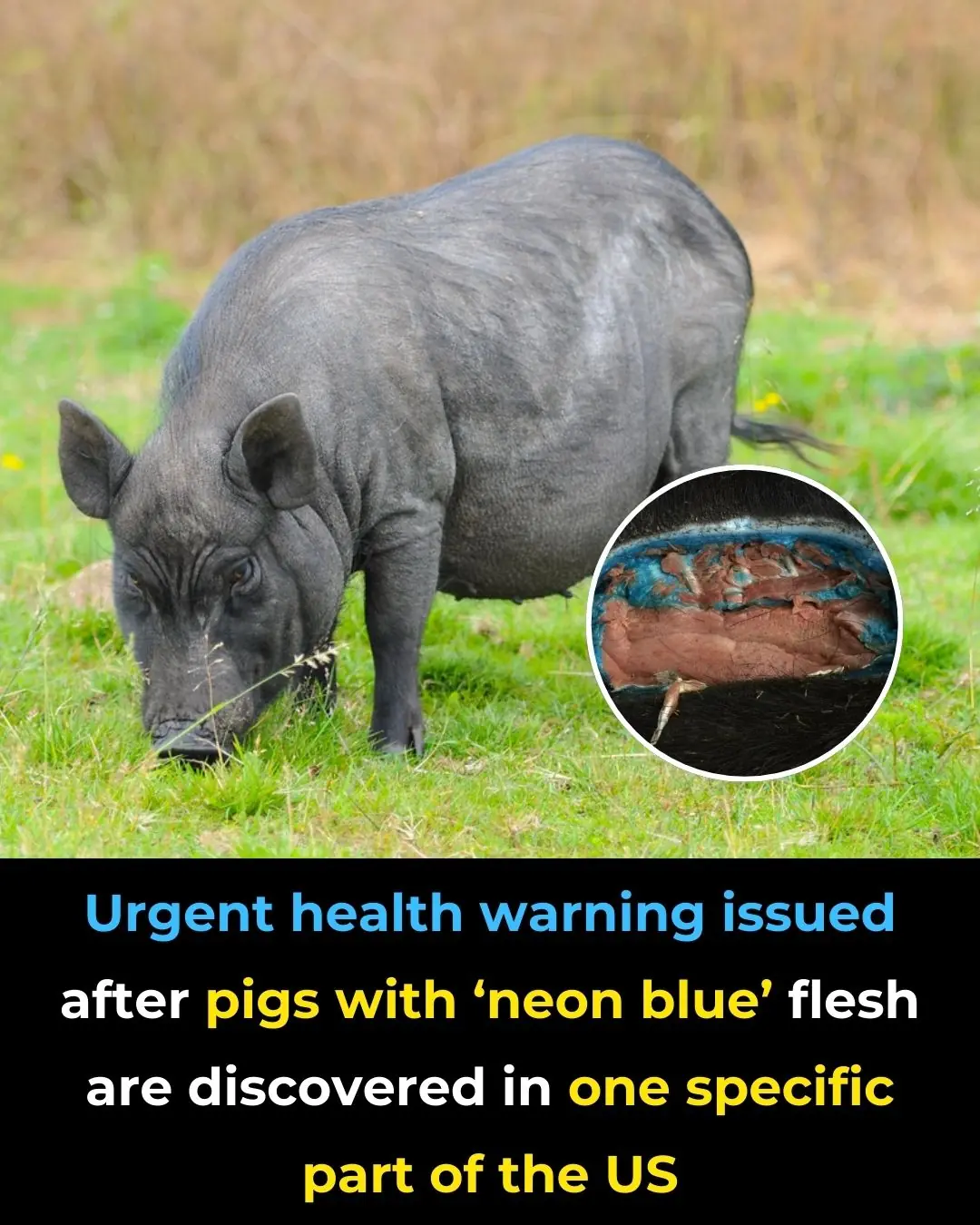
Urgent Health Warning Issued After Pigs With ‘Neon Blue’ Flesh Are Discovered in One Specific Part of the Us

'Hostile' comet aimed at Earth could obliterate the world's economy 'overnight' if it hits

Iconic movie sequel delayed until 2027 after online sleuths 'guessed the plot'

The Secret Meaning of the Letter “M” on Your Palm

The Remarkable Journey of Tru Beare, Who Was Born Weighing Only One Pound

Researchers Create Injectable Hydrogel to Boost Bone Strength

If You Have Moles on This Part of Your Body

The Purpose of the Small Pocket in Women’s Underwear

Beware of the Plastic Bottle Scam: A New Car Theft Tactic

Chinese Scientists Say They Created a Cure for Type 1 Diabetes

Rob Gronkowski forgot he invested $69,000 in Apple and ten years later the value has completely changed his net-worth

Scientists discover that powerful side effect of Ozempic could actually reverse aging

Scientists warn ancient Easter Island statues could vanish in a matter of years

NASA astronaut describes exactly what space smells like and it's not what you'd expect

Subtle Signs Your Passed Loved One Is Watching Over You

What Does a Thumb Ring Really Mean
News Post

Parasite Cleanses: Do They Really Improve Your Gut Health — and Are They Safe?

8 Teas to Drink for a Healthier Body and Mind
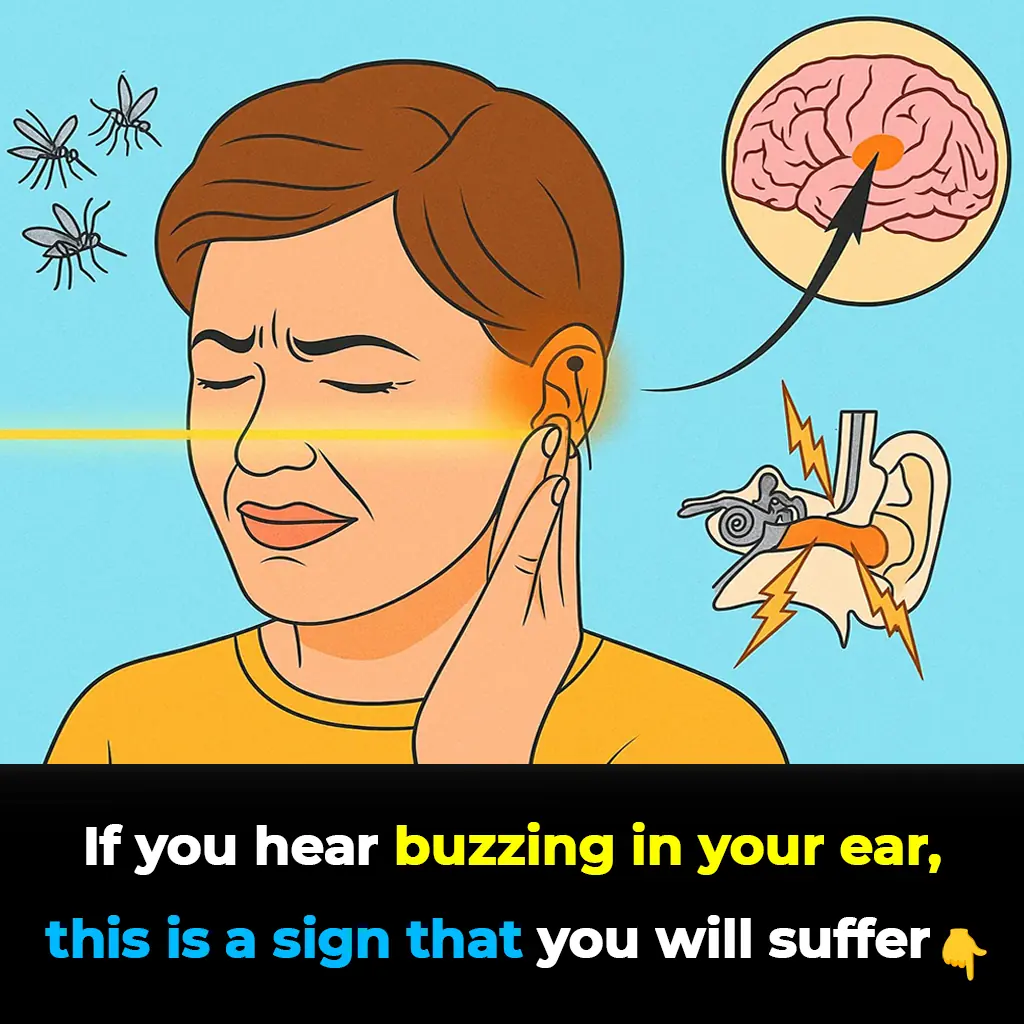
The Hidden Truth About Tinnitus: Why That Ringing in Your Ears Shouldn’t Be Ignored
Over time, repeated noise trauma damages tiny hair cells inside the cochlea, which cannot regenerate, resulting in permanent hearing changes and tinnitus.

DIY Turmeric & Ginger Shots to Fight Inflammation, Boost Immunity & Soothe Your Gut

Coconut water: Is It Good for You, Nutrition, Benefits, Side Effects (Science Based)

Clean Arteries: 10 Foods to Eat Daily
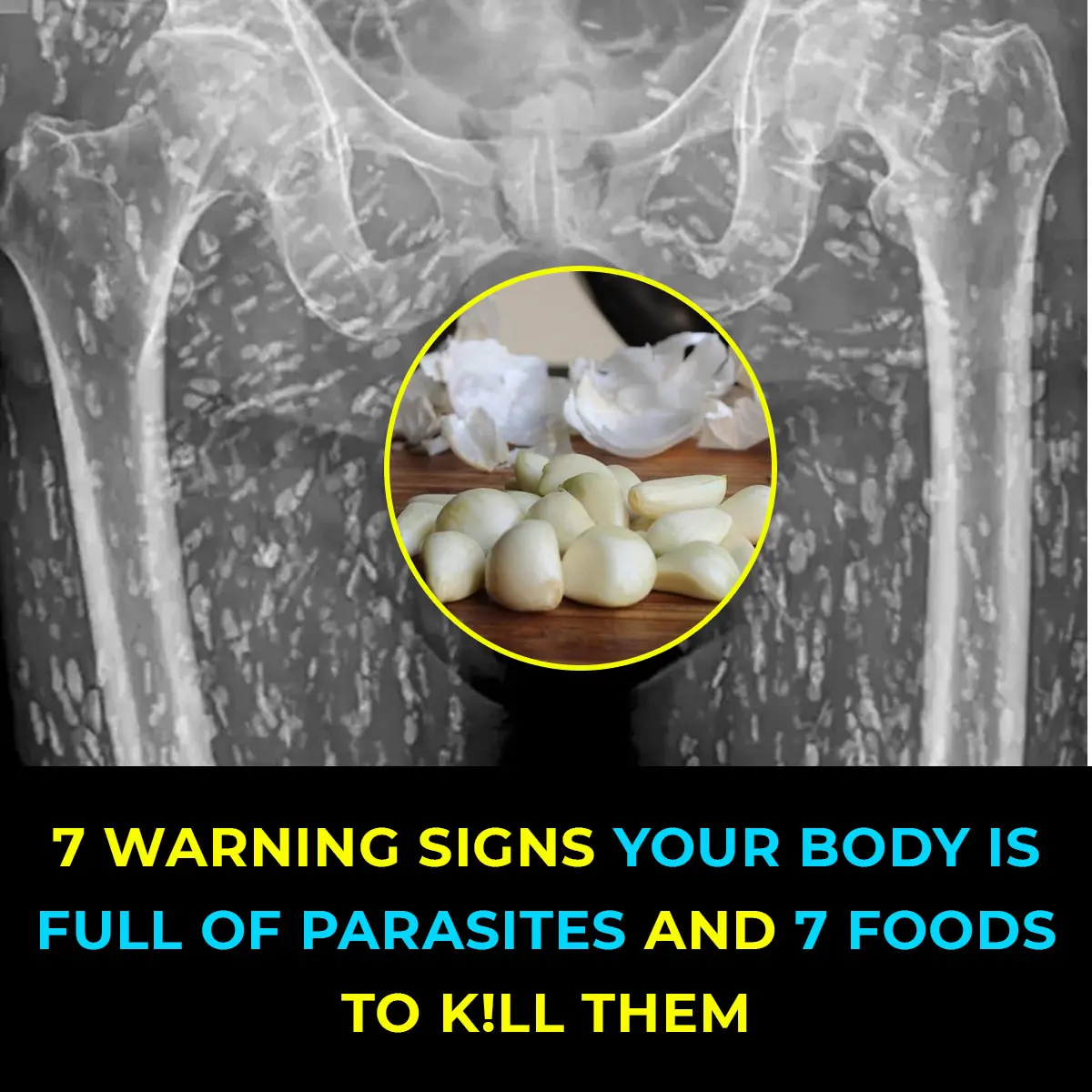
10 Warning Signs of Parasites in Your Body

Diet and Uric Acid: Foods to Avoid for Gout Prevention

Hiker Encounters Massive Snake Camouflaged Along South Carolina Creek

8 Foods That Help Eliminate Cancer Cells

David Quammen, the COVID Predictor Warns of New Pandemic Threats
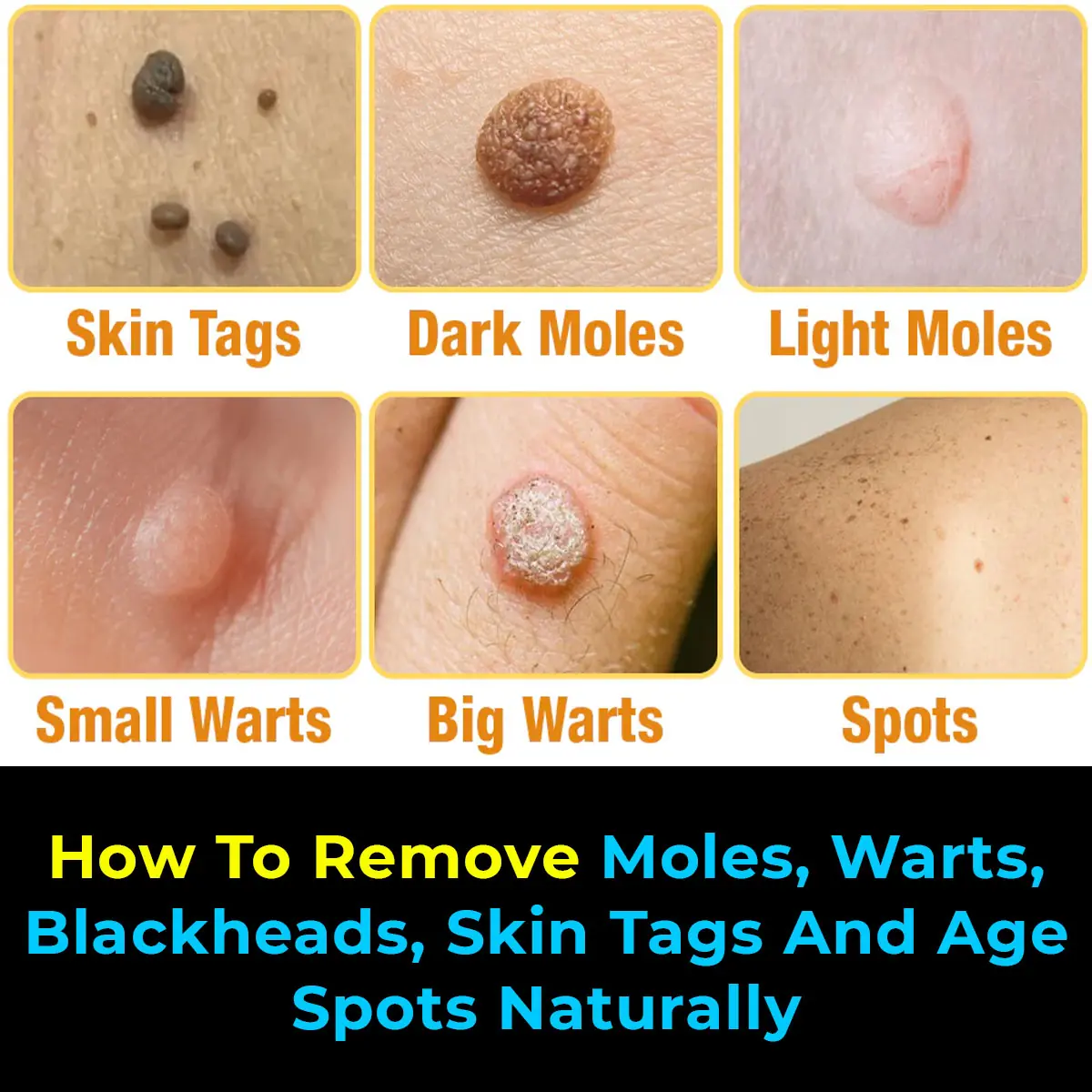
Natural Remedies to Address Skin Tags, Warts, and Blackheads

Tips for Selecting Fresh Pork at the Market
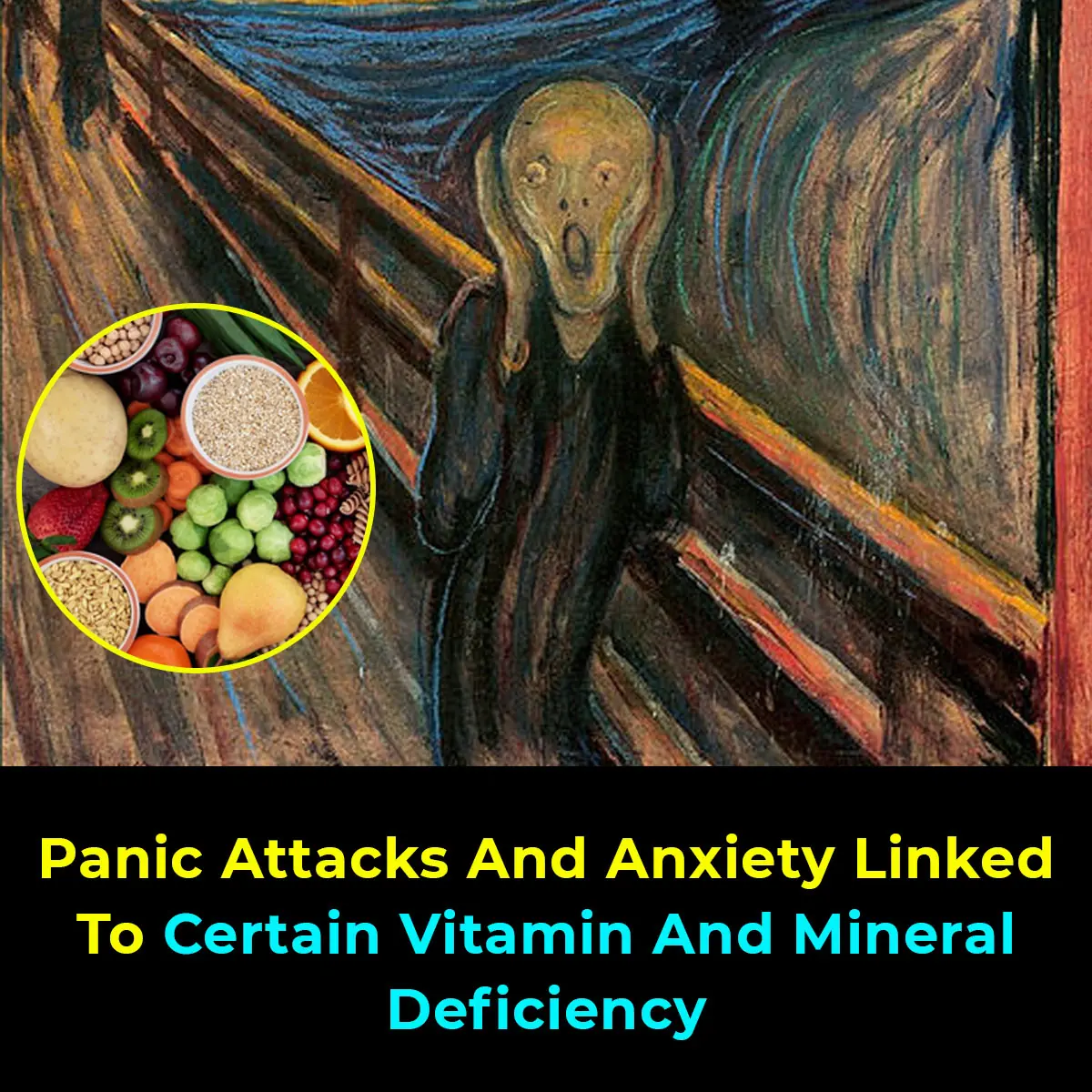
The Deficiency of These Vitamins Contributes to Panic Attacks

Researchers Find Higher Intelligence Is Correlated With Left-Wing Beliefs and Seems to Be Genetic

Urgent Health Warning Issued After Pigs With ‘Neon Blue’ Flesh Are Discovered in One Specific Part of the Us

25-Year-Old Groom Dies from Acute Liver Failure After Eating Chicken – Doctors Warn of One Critical Danger!
Doctors caution people with pre-existing liver conditions, weakened immune systems, or chronic illnesses to exercise extra care when handling poultry and other high-risk.
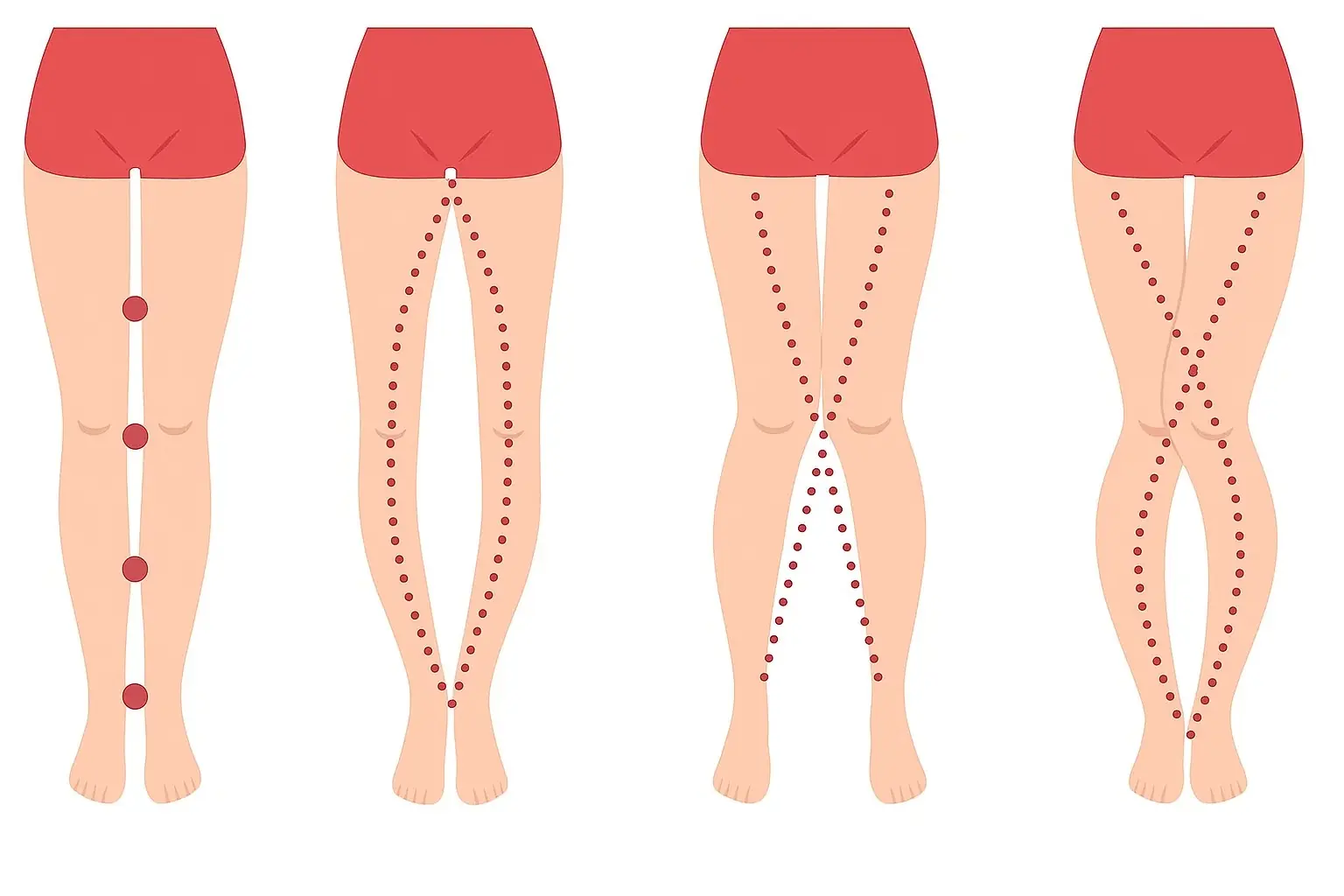
What Your Legs Can’t Say, Your Vagina Can — The Truth About the Female Body Most People Don’t Know
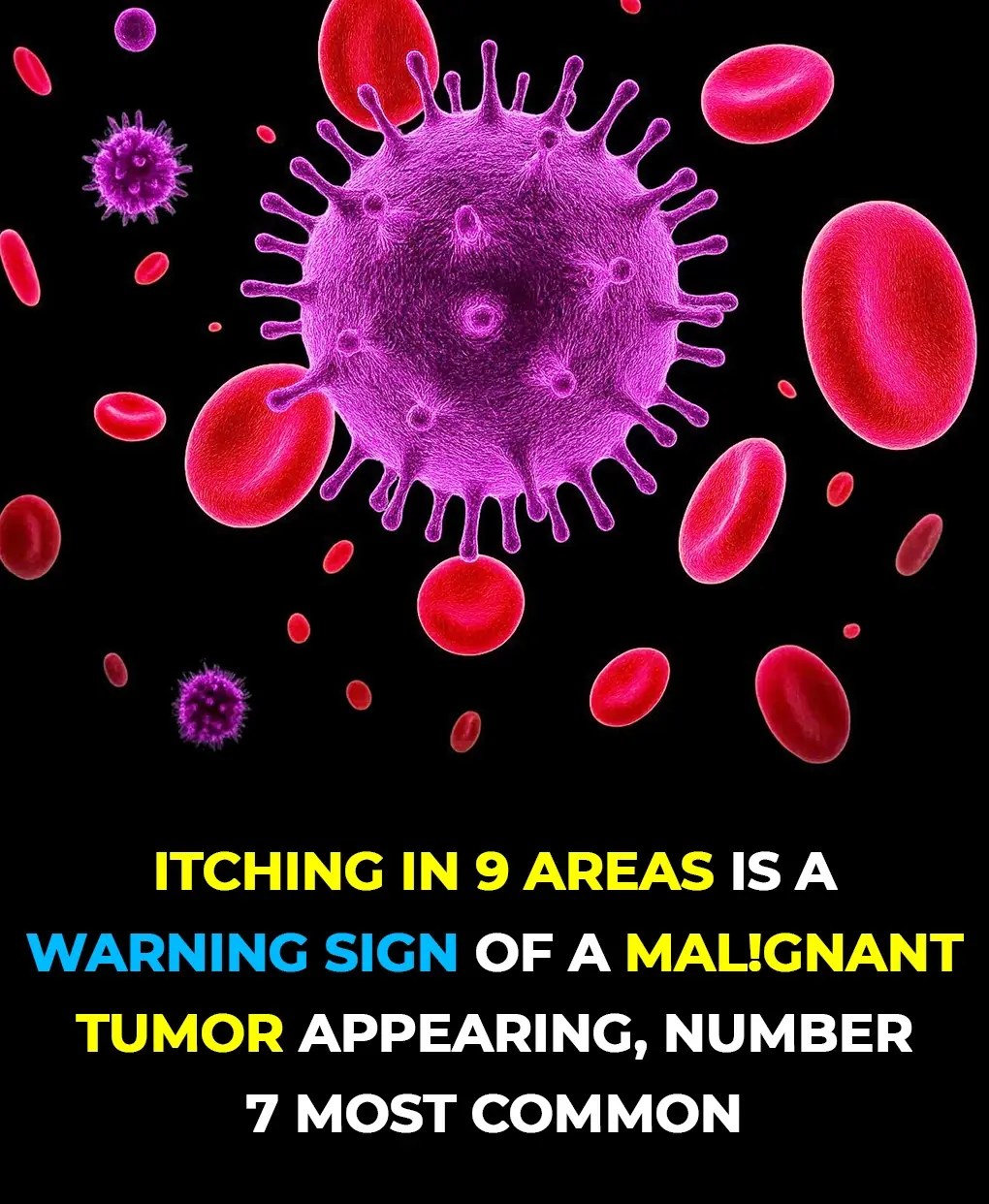
9 Areas Where Itching Could Signal Malignant Tumors — #7 Happens Most Often

The World’s Deadliest Food Kills 200 People Every Year — Yet 500 Million Still Eat It
Despite its deadly reputation, millions of people continue to eat this every day without issue.